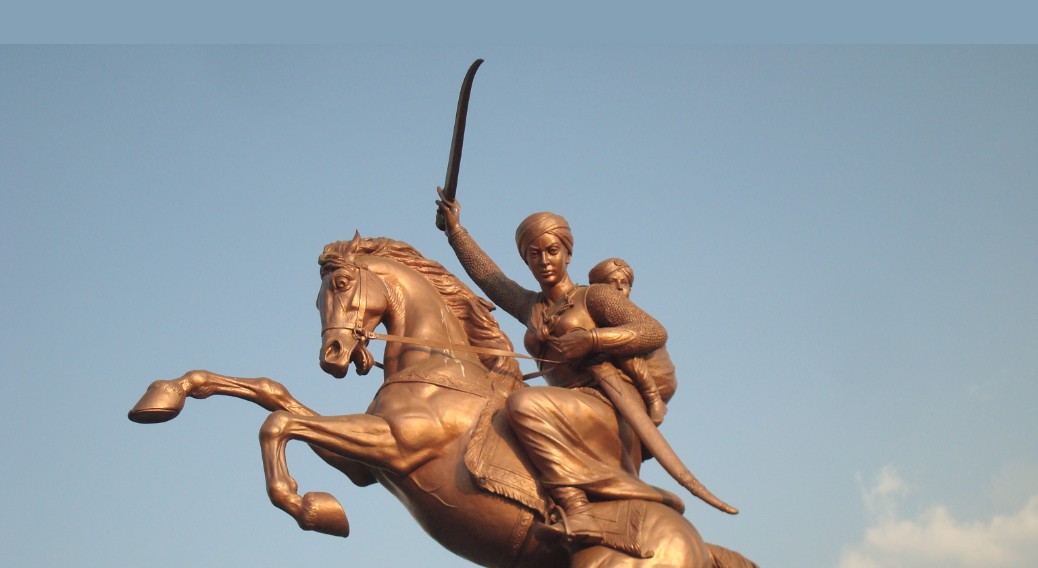By John Coonrod, Global Coordinator, Movement for Community-led Development and Executive Vice President, The Hunger Project
January 18, 2021: Here in the US – in a nation galvanized to uproot entrenched racism as well as responding to COVID-19 – today is the Martin Luther King Jr. federal holiday. The holiday is celebrated as a day of citizen service as it honors the nation’s greatest champion for human dignity, truth and nonviolence.
(featured photo WikiCommons/Dharmadhyaksha)
Citizen service has come to the fore during the pandemic. As “outside experts” were pulled out of communities around the world, community volunteer leaders stepped forward as never before to protect their neighbors.
Community leadership is the heart of the Movement for Community-led Development, and so we choose this holiday to launch a campaign to put a spotlight on each of the eleven components of community-led development identified by our collaborative research team.
These elements are important because there are entrenched barriers to citizens taking charge of their own barriers. The same patriarchal mindset that underlies racism, sexism, growing economic inequality and environmental destruction also marginalizes local governance – concentrating power at the top and fostering dependency and clientelism in local communities. In low income communities, this results in hopelessness and resignation.
“Development” – if done from a patriarchal mindset – can reinforce dependency and crush human dignity. MCLD is committed to transforming the practices of development practitioners so that they nurture community leadership and #ShiftThePower from top to bottom. It is our intention to fulfill the mandate of Mahatma Gandhi, Dr. Martin Luther King’s inspiration, to “think of the face of the poorest person we’ve ever seen and restore them to control over their own life and destiny.”
Today’s CLD element is Participation and Inclusion. Our research colleagues define this as “All major development activities include a broad range of residents from all neighborhoods, people from all socio-economic groups (the very poor, poor, middle, better off), women, and minorities (i.e. LGBTQ, people with disabilities, youth).” This definition is aligned with the intention that forms the mantra of the 2030 Sustainable Development Goals – to “leave no one behind.” Yet that mantra itself is a bit paternalistic. The only real way to ensure no one is left behind is to ensure that every person at risk of marginalization is aware of their rights and possesses the collective organizational power to exercise their voice and agency.
CLD draws on the century-old wisdom and experience of Mahatma Gandhi in South Africa and India and Dr. Y.C. James Yen of China and the insightful analysis of Brazilian educator Paolo Freire and Bangladeshi Prof. Md. Anisur Rahman.
CLD also recognizes that it was often women at the forefront of national liberation movements throughout the Global South (link). One of the key strategies to awakening impoverished women to their power is to revive the stories of heroic women in their own societies, such as Rani Lakshmibai of India (shown above). And whether you liked her policies or not, every girl I’ve ever met in India stands a bit taller at the mention of Indira Gandhi.
Participation and Inclusion must go together. If people are merely “included” that can still leave them dependent. The great Sri Lankan social activist Dr. A.T. Ariyaratne says “We build the road and the road builds us.” As people participate – as they take action – they gain confidence in their own power and ability.
Those of us who grew up “over-privileged” must do a lot of un-learning to be of any use to people in their own quest for dignity and self-reliance. We must heed to words of the aboriginal social activist Lilla Watson: “If you have come here to help me you are wasting your time, but if you have come because your liberation is bound up with mine, then let us work together.”


